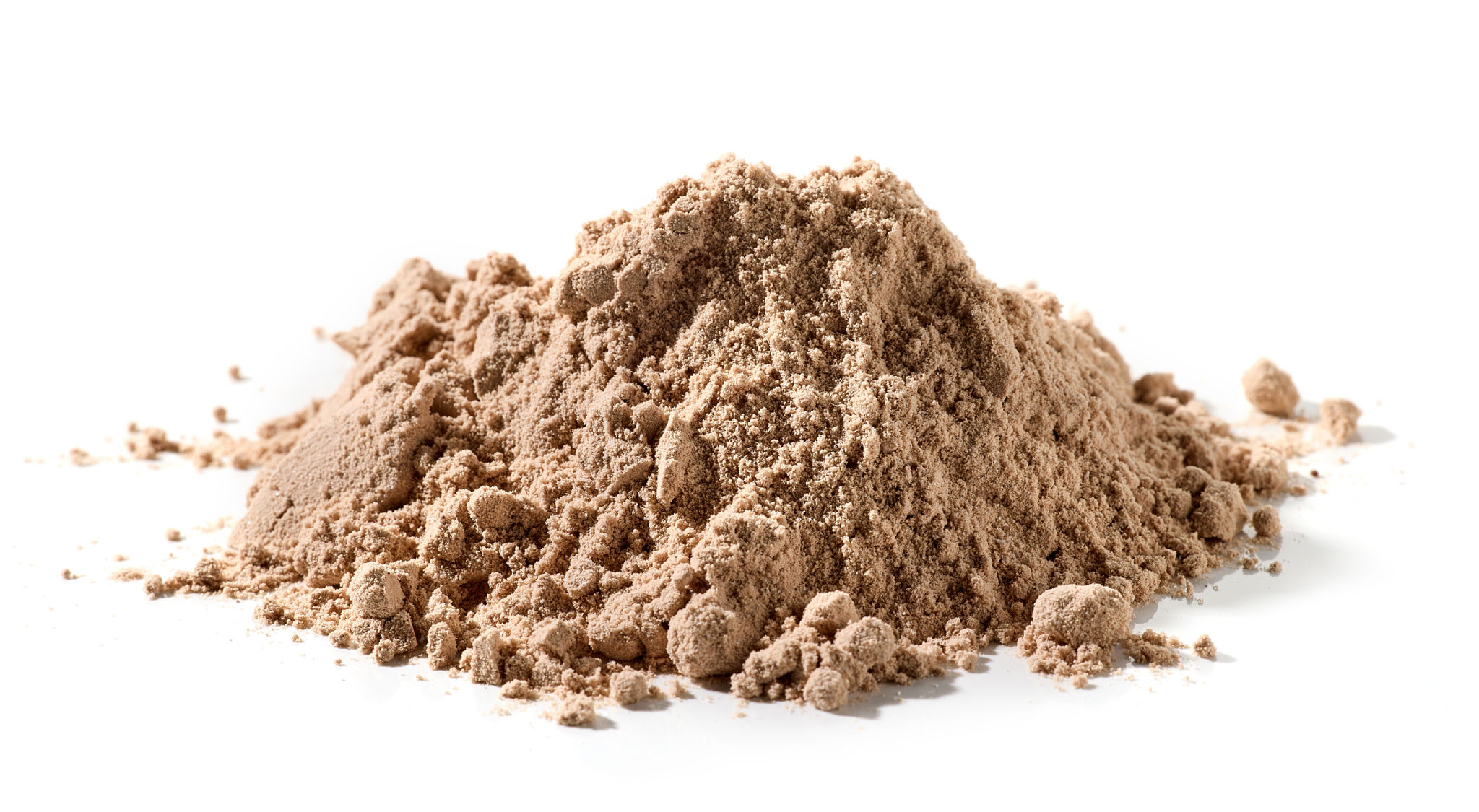How to Choose the Right Lacche for Cosmetic Applications
Understanding Lacche and Their Importance in Cosmetics
When it comes to cosmetics, the choice of ingredients can significantly impact the final product's quality and performance. Lacche, derived from natural resins, are widely used in the cosmetic industry for their film-forming properties. They are crucial for products like nail polishes, lipsticks, and hair sprays. Understanding how to choose the right lacche for your cosmetic application is vital for ensuring product efficacy and consumer satisfaction.
Lacche are known for their excellent adhesion and gloss, making them ideal for products that require a smooth, shiny finish. However, not all lacche are created equal, and selecting the right type involves considering several factors, including application method, desired finish, and ingredient compatibility.

Types of Lacche for Cosmetic Use
There are various types of lacche available, each with unique properties suitable for different cosmetic applications. Some of the most common types include shellac, rosin, and polyvinyl derivatives.
- Shellac: A natural resin secreted by the lac bug, shellac is known for its glossy finish and quick-drying properties.
- Rosin: Derived from pine trees, rosin offers excellent adhesive qualities and is often used in formulations requiring flexibility.
- Polyvinyl Derivatives: These synthetic options provide strong film-forming capabilities and are often used in waterproof cosmetics.

Factors to Consider When Choosing Lacche
When selecting lacche for your cosmetic formulations, consider the intended application and performance requirements. For instance, if you are developing a nail polish, you may prioritize lacche with high gloss and quick-drying properties. In contrast, a lipstick formulation might require lacche that offer long-lasting wear and moisture retention.
Another crucial factor is ingredient compatibility. Ensure that the lacche you choose do not react adversely with other ingredients in your formulation. Conducting stability tests can help identify any potential issues early in the development process.

Environmental and Safety Considerations
As consumers become more conscious of environmental impact, choosing eco-friendly lacche has become increasingly important. Opt for lacche that are sustainably sourced or have minimal environmental impact. Additionally, ensure that the lacche meet safety regulations and are free from harmful chemicals that could pose risks to consumers.
Furthermore, consider the biodegradability of the lacche, especially for products that are washed off or removed regularly. Using biodegradable lacche not only appeals to eco-conscious consumers but also aligns with sustainable business practices.
Testing and Quality Assurance
Before finalizing your choice of lacche, conduct thorough testing to ensure the product meets your quality standards. This includes testing for stability, consistency, and performance under various conditions. Quality assurance is crucial to maintaining the integrity of your cosmetic products and ensuring customer satisfaction.
Partnering with reputable suppliers can also provide access to high-quality lacche and expert guidance. Collaborating with suppliers who prioritize quality and transparency can help streamline your formulation process and ensure successful product development.

Conclusion
Choosing the right lacche for cosmetic applications involves a careful balance of performance, safety, and sustainability considerations. By understanding the different types of lacche and evaluating factors such as ingredient compatibility and environmental impact, you can develop cosmetic products that not only perform well but also align with consumer values and industry standards.
Investing time in selecting the appropriate lacche can enhance your product's appeal and ensure a competitive edge in the ever-evolving cosmetics market.
